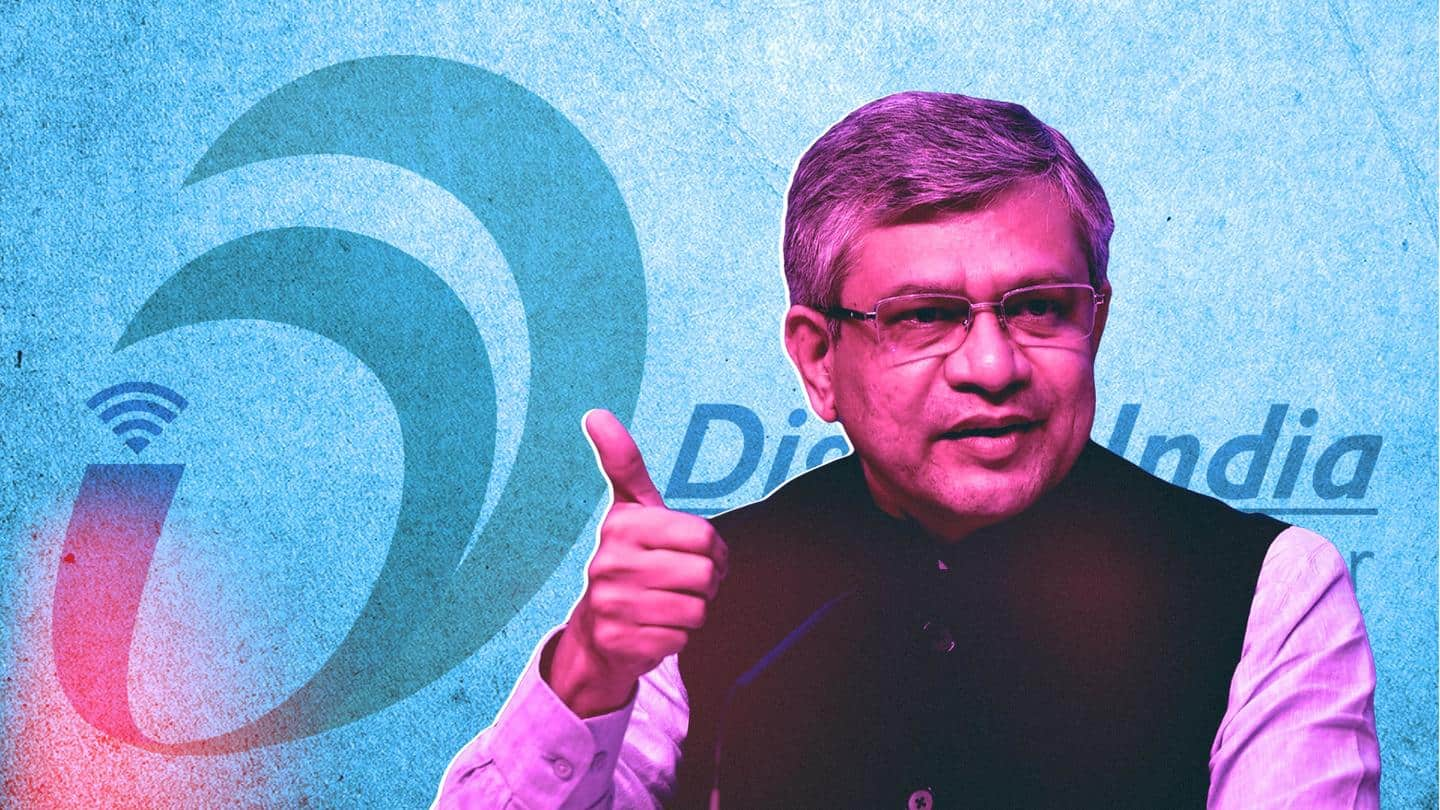
New Data Protection Bill, Digital India Act in pipeline: Centre
What's the story
The Centre is working on a revision of the Data Protection Bill and a Digital India Act, the Union Minister for Electronics & Information Technology and Communications, Ashwini Vaishnaw, said on Monday.
The government will also float the draft of a new Telecom Bill in the next five-six days, he said, asking the judicial community to evaluate the draft bill and provide their suggestions.
Context
Why does this story matter?
Last month, the Electronics & IT Ministry withdrew the 2019 Personal Data Protection Bill as it made compliance difficult for start-ups.
Moreover, many of its provisions, like data localization and hardware authenticity clauses, among others, didn't come under the purview of data protection.
This came after a joint parliamentary committee deliberated the 2019 draft for two years before tabling its report in December 2021.
Twitter Post
Vaishnaw asked people to go through draft Telecom Bill, suggest changes
"We will also be coming up with a new version of the Data Protection Bill; a #DigitalIndia Act is also being worked on. We are making the online world more accountable for what is published there."- MEIT @AshwiniVaishnaw #CytrainSetu
— Ministry of Electronics IT (@GoI_MeitY) September 5, 2022
Cytrain Setu
Cytrain Setu for police, law enforcement agencies, judicial officers
Speaking at the launch of the second batch of Cytrain Setu—a part of the Centre's Mission Karmyogi—Vaishnaw Monday said the government wants to make "the online world more accountable for what is published there."
Cytrain Setu is a postgraduate diploma (PGD) program in Cyber Law, Cybercrime Investigation, and Digital Forensics offered in collaboration with National Law Institute University, Bhopal, and National Law University, Delhi.
Report
'New law for taking measures in interest of national security'
Meanwhile, the Department of Telecommunications released a consultation paper last month in which it said a new law was needed to have apt provisions regarding "situations of public emergency and safety, and for taking measures in the interests of national security."
It said the law needed an enabling framework for the Centre to prescribe relevant standards for telecommunication equipment, services, network, and infrastructure."